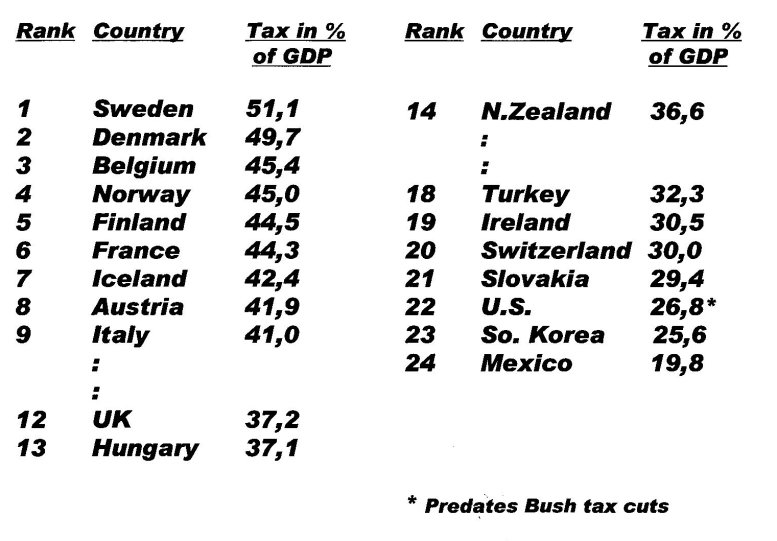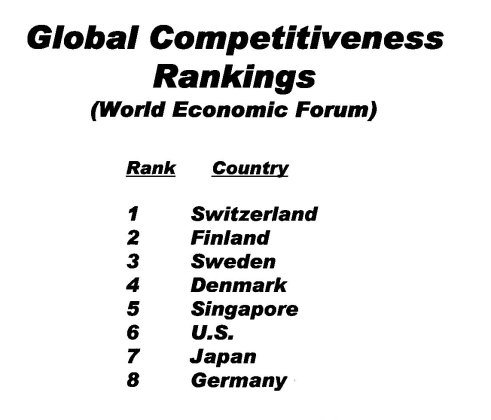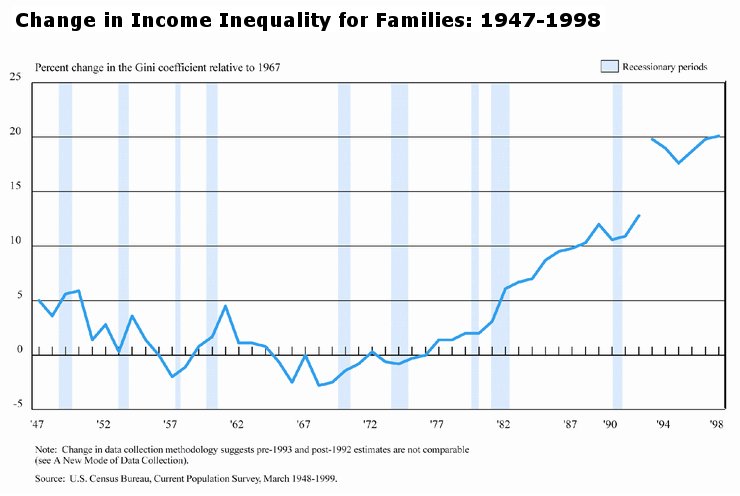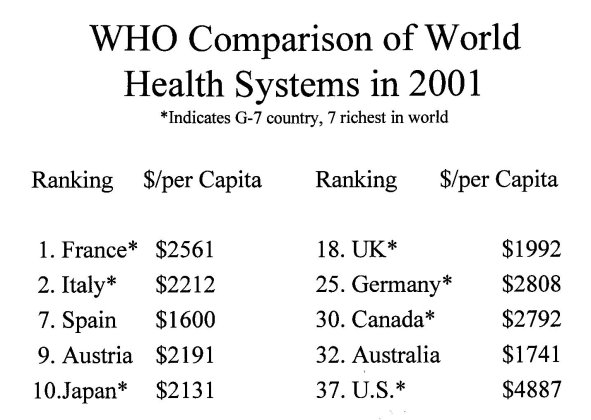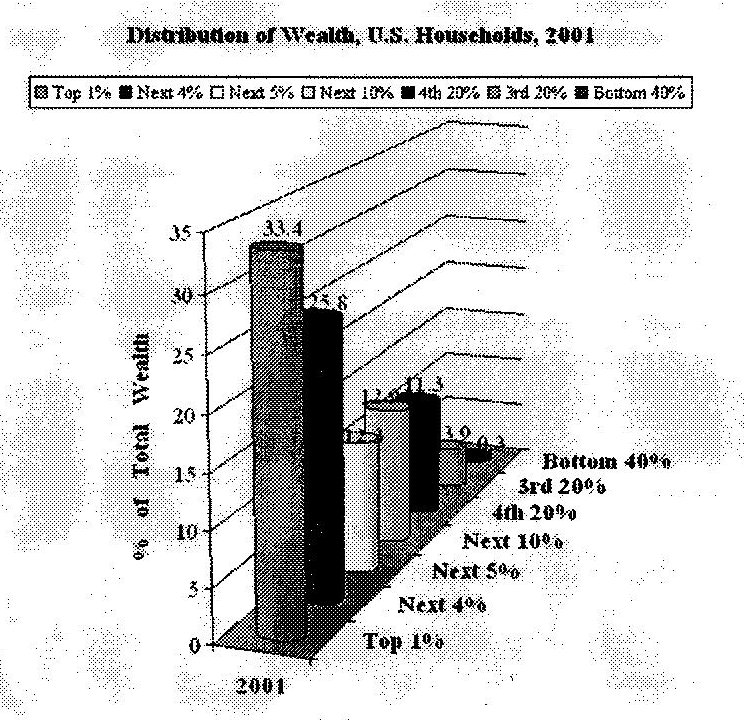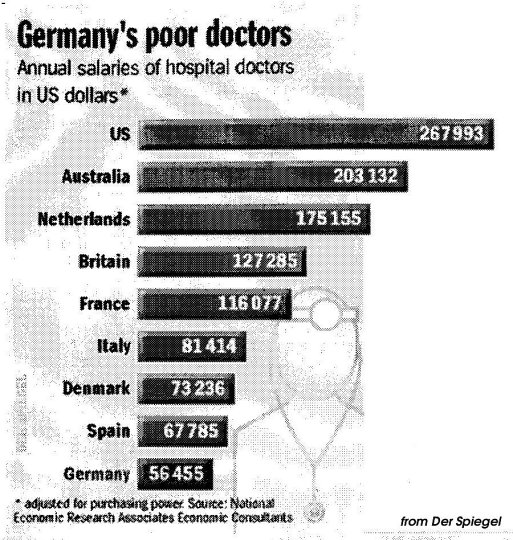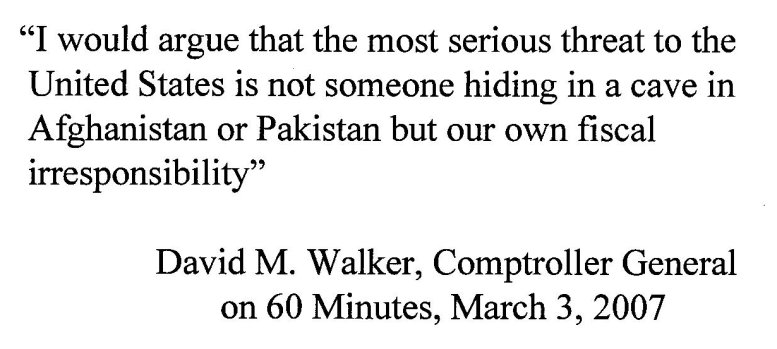>Nick Szabo
>
>The Road to Technological Competitiveness: Via Chicago or Scandinavia?
>
>
>For the past 25 years the US and some other countries have been under the spell
>of the Chicago School of Economics, which preaches that the key to economic
>success is market economics for all activities, along with very low taxes.
>This has created a great deal of wealth due to improved productivity as a result
>of advances in technology, but not necessarily due to this economic policy.
>
>Competing with the Chicago approach is the Scandinavian economic model that
>believes in a more benign distribution of wealth. It emphasizes education as
>the key to success and also provides much more generously to social services
>for its citizens. Finland in particular has demonstrated that a small country
>with very limited natural resources, but an emphasis on excellence in technology,
>can not only compete but, in spite of high taxes, outperform the US in competitiveness.
>
>Nick Szabo, a retired executive of a multinational high-tech company, has a doctorate
>in electrical engineering from UC Berkeley and is a former mayor of Cupertino.
>He has served as a member of the Technical Advisory Committee (TAC) for Export Control
>of the U.S. Department of Commerce.
>
>Nick will present his case for aligning US economic priorities with the Scandinavian
>model, since:
>
>-Our current approach has overwhelmingly benefited the top earners and corporations
> and has left behind the lower economic classes
>
>-Upward mobility of the lower economic classes is being restrained by the rapidly
> increasing cost of higher education
>
>-Further overall increase in wealth is limited by a shortage of an educated US work
> force, resulting in importation of technical personnel and outsourcing of tasks
>
>-Scandinavian countries spend more on R&D, as a percentage of GDP, than the US;
> manpower requirements are met by providing free education at all levels
Nick began his talk by asking the
question "Taxes in the USA are half what they are in
Scandinavia, but we aren't more competitive then them. Why?" He showed
us the following two charts:
Then he explained that Scandinavia
has the most equitable distributions of income globally.
In 2005, Denmark (#1), Sweden (#3), Norway (#6), and Finland
(#10), all ranked in the top ten
globally as measured by the Gini Coefficient
(the USA ranked #96).
The USA has been moving
down in the rankings of this for more than a generation, as shown
in the following chart.
Then he explained that our current approach "has overwhelmingly
benefited the top earners
and corporations" and "has left behind the lower economic
classes". For contrast, consider
that Scandinavian countries spend more on R&D as a percentage
of GDP than the USA and they
meet manpower requirements by providing free education at all
levels.
One of the ways this is hurting us is that upward mobility of the
lower economic classes
is being restrained by the rapidly increasing cost of higher
education in the USA.
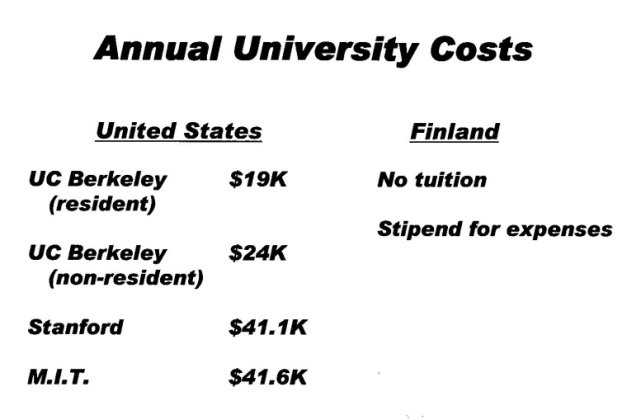
Not only is the price rising, but the ways of getting around the price are being eroded.
For example, for the WW II generation, the GI Bill paid for most of their education.
Iraq war Veterans don't get any where near as good a deal. This is hurting us is that
since many middle class jobs require significant education, so we are either importing
people to do them or exporting the jobs instead of training our next generation to do them.
There are also implications in the health care system.
The top performers by this measure
use tax dollars to invest much more in preventative care than the USA.
Since the time this chart was
made, the wealth of the top brackets has only increased relative to the
rest of us.
His last slide was the following
quote:
